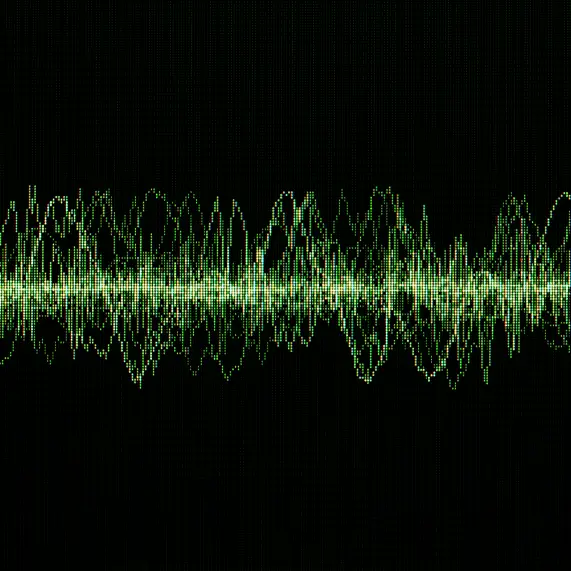


It's pretty common to see conspiracy theories about natural oddities that are relatively quickly explained by experts.
Rarer, though, are ones where even years later there's still no clear explanation as to what happened - as in the case of a mysterious and very loud noise that was observed in the eastern equatorial Pacific Ocean in 1999.
Now nicknamed 'Julia', the noise was noticed by the National Oceanic and Atmospheric Administration (NOAA) alongside other research bodies and was recorded by a series of hydrophones, which are basically underwater microphones.
The noise was so loud that it was detectable across a massive amount of the region and sounded a lot like a woman's voice giving brief hum, or perhaps quickly mumbling a word.
It's a really creepy sound, too - and you can't deny how much it sounds like it's coming from a human.
Advert
The NOAA tried its best but wasn't able to pinpoint a source location for the noise, only managing to narrow things down to a stretch between the Branfield Strait and Cape Adare in east Antarctica.
For those who don't have their Antarctic geography down too well, those two places are hundreds of kilometers apart - so it could have come from anywhere in this massive area.
Of course, this made it ripe for conspiracy theories - with the most popular idea being that there was an alien vessel underwater.
This, unsurprisingly, wasn't very easy to actually prove, and it was some time before the NOAA eventually returned with its best working theory.
The NOAA suggests that 'Julia', and a few others like it that have been detected over the years, might have been the result of an adrift iceberg running aground.

And research and observation has taken place down the years to record more instances of icebergs running aground or breaking off from ice shelves, producing a similar sound.
Over time, more and more recordings seemed to corroborate that working theory, to the point where it's now the most widely accepted explanation of the Julia noise.
Still, there will be plenty out there who aren't won over, not least since we can't go back in time to hear the noise the first time around - and there's no getting away from how eerily human it sounds, too.